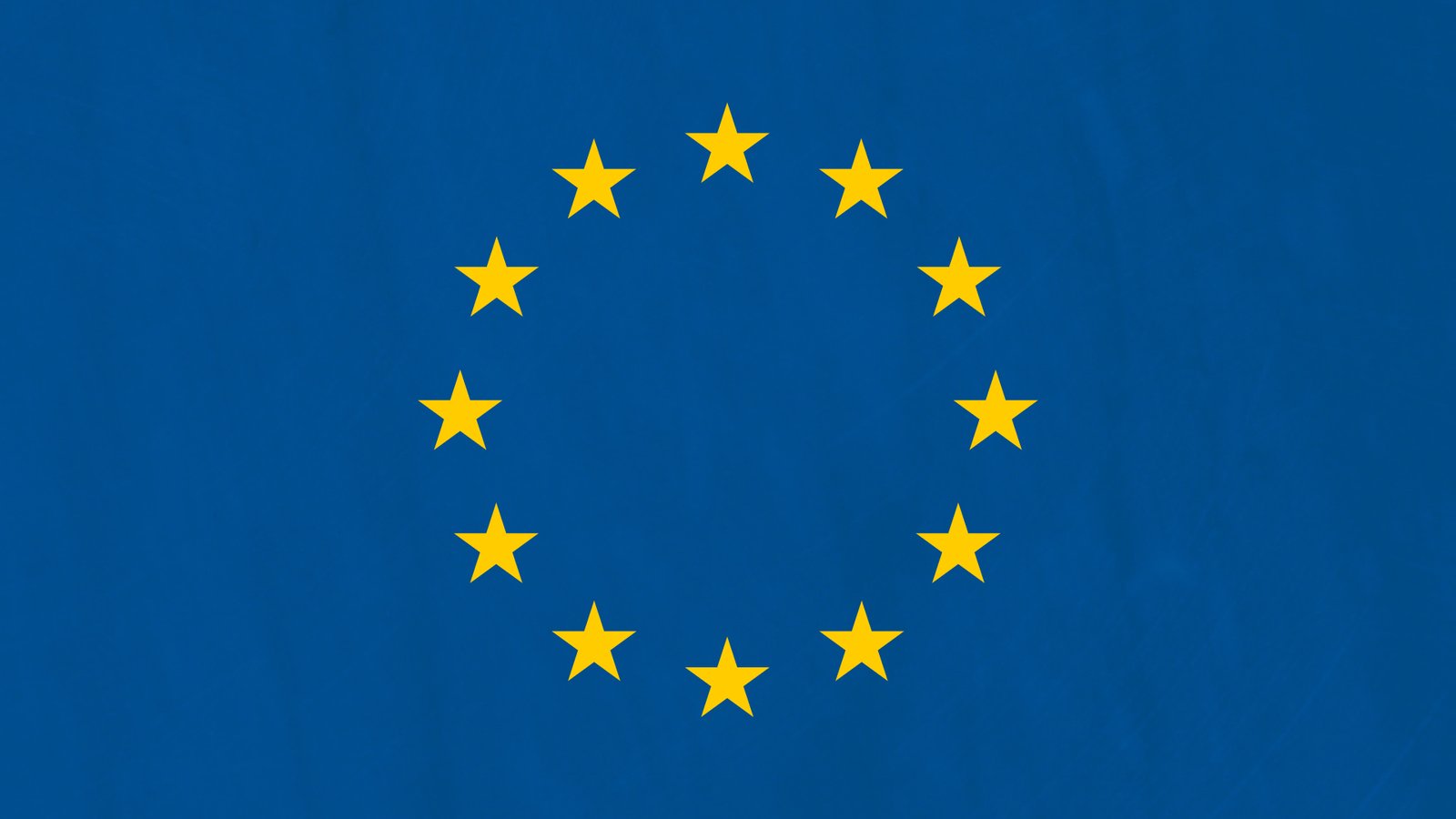Euro-Zone private sector expands at fastest pace in over a year
The euro area economy gained momentum in September, with business activity growing at its quickest pace in 16 months. Strong services performance in Germany offset weakness in France, while inflation stability gives the ECB room to hold policy steady — though questions remain over the durability of growth.

Composite PMI rose to 51.2, highest since May 2024.
German services outperformed, while French activity slumped.
Manufacturing slipped back below the 50 threshold.
ECB projects stable growth, supported by wages and fiscal spending.
Inflation held at 2% for a third month, though risks remain.
Growth returns, but unevenly
The euro-zone economy showed its strongest private-sector expansion in 16 months, with the Composite Purchasing Managers’ Index (PMI) climbing to 51.2 in September from 51 in August. Readings above 50 indicate growth, and the improvement surprised analysts who had expected stability.
Germany’s services sector was the standout performer, equaling its fastest pace of the year. In contrast, France slipped deeper into contraction, weighed down by political uncertainty and unresolved fiscal tensions. Manufacturing across the bloc also weakened, slipping back below 50 after a brief period of recovery.
Tariffs, politics, and resilience
The rebound comes after a turbulent first half of 2025, when US tariff policies under President Trump created major uncertainty for exporters. That frontloaded demand early in the year before fading into a slowdown that pushed Germany into a brief recession in Q2.
Now, with the EU-US trade pact easing external risks, the European Central Bank (ECB) argues that underlying conditions point to stability. Rising wages, robust labor markets, and higher fiscal spending — particularly on defense and infrastructure — are expected to support growth through year-end. The ECB forecasts growth of 1.2% in 2025, moderating to 1% in 2026.
Inflation stays on target
A key support for sentiment has been the ECB’s success in bringing inflation down. Headline inflation has stayed at the 2% target for three consecutive months, strengthening policymakers’ confidence. Still, risks remain. Services cost inflation remains unusually high, even as selling prices cool.
Some economists argue that if disinflation continues, the ECB could reconsider a rate cut before year-end — though officials remain cautious, wary that shocks from energy, wages, or global supply chains could shift the balance again.
A fragile recovery
Despite the upbeat headline, economists stress that momentum is still fragile. We’re on a growth path, but real momentum is lacking, reflecting concern that manufacturing weakness and France’s political instability could drag on the recovery.
PMIs are also best read as signals of breadth rather than depth, meaning the expansion is not yet a guarantee of robust GDP growth. Still, the September reading provides reassurance that Europe’s economy is avoiding a deeper slowdown for now.
The euro zone is experiencing its fastest private-sector growth in over a year, but the recovery remains patchy. German services strength is offsetting French weakness, manufacturing is still soft, and inflation risks haven’t disappeared. For the ECB, September’s data provide breathing room — but not yet a reason to declare victory.









